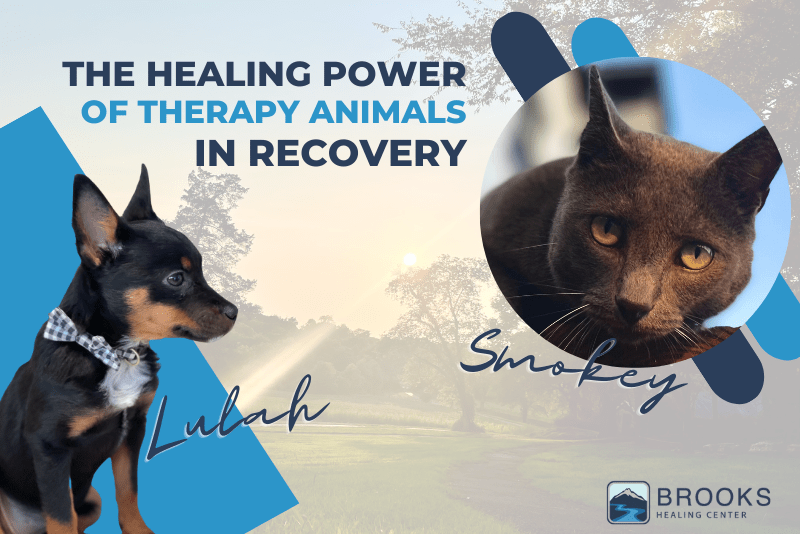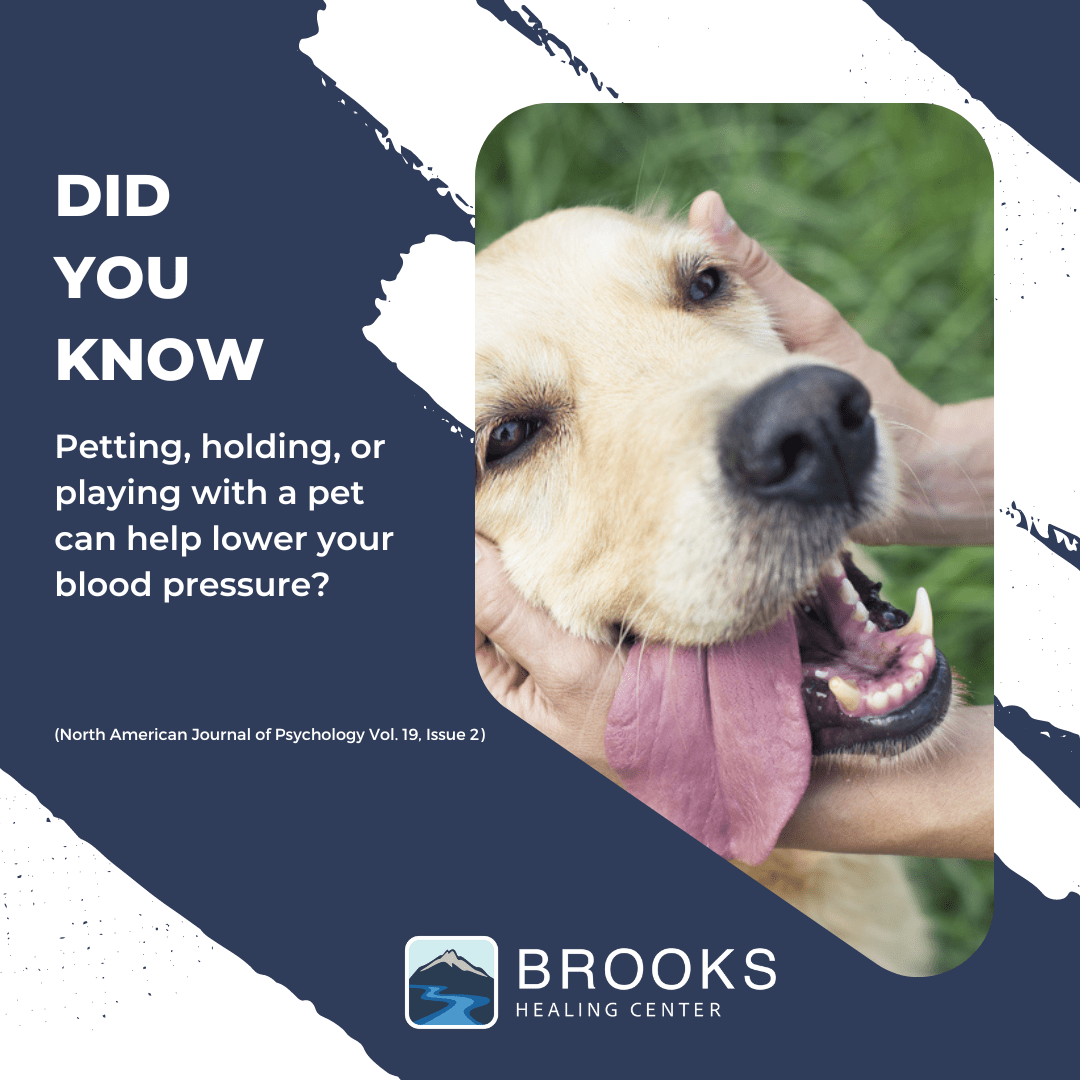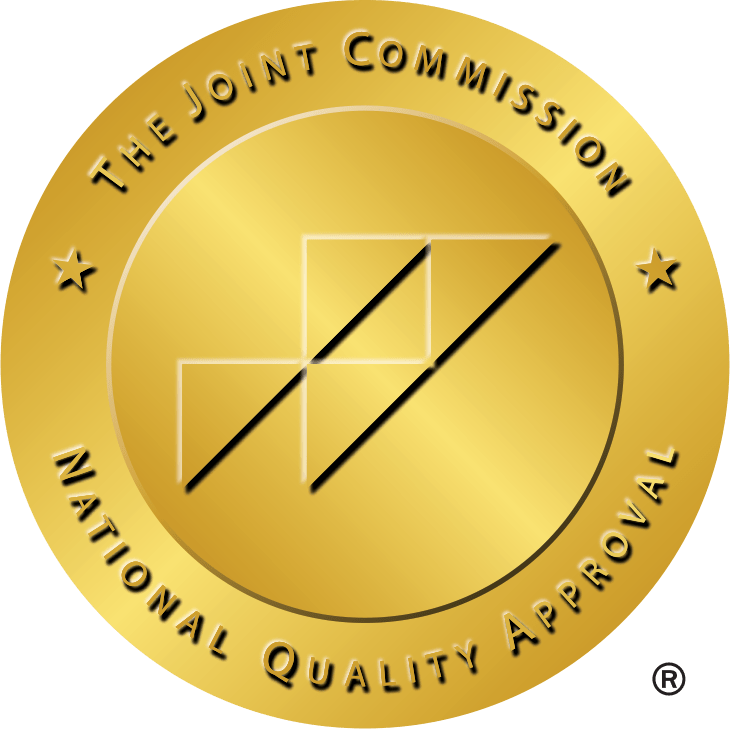
Meet Lulah, the newest addition to the BHC family! She’s one of our many therapy animals that help make drug recovery and detox a little easier during inpatient treatment.
Here’s why our drug rehab center in Tennessee keeps therapy animals onsite.
Meet Lulah, the newest addition to the BHC family! She’s one of our many therapy animals that help make drug recovery and detox a little easier during inpatient treatment.
Here’s why our drug rehab center in Tennessee keeps therapy animals onsite.
It Makes a Fun Ice Breaker
It takes a lot of courage to take the first step to recovery, and it’s completely natural to feel nervous in the beginning.
Animal-assisted therapy can be an excellent conversation starter, ignite memories of childhood pets, and help patients become more comfortable around each other and the BHC staff.
They Keep You Distracted in the Best Way
As our patients go through the detox process and experience withdrawal symptoms, it’s hard to think about anything else. Our furry friends can help shift your focus from what’s happening on the inside and concentrate on something going on around you.
They’re the Cutest Mood Boosters Ever
Animals are cute, cuddly, and fun to be around. Simply petting the soft fur of a cat or a dog releases oxytocin, a.k.a. the hormone that makes you feel love and affection.
If a patient is struggling with depression, anxiety, or other mental issues, animal therapy can make the detoxification process easier to push through.
Animals are a Natural Stress Relief
Humans are biologically connected to nature, especially animals. In fact, a Harvard study confirmed almost 100% of pet owners say their companions provide a source of stress relief.
But did we really need any study to know that? ;)
Brooks Healing Center is located on rural farmland, so it only makes sense to have beautiful, loving creatures here to keep you company and help you through the rough patches.

You Can Enjoy a Shared Experience with an Animal
Animal-assisted therapy plays a huge role in developing meaningful bonds through a shared experience. Cuddling, grooming, playing, walking, or horseback riding all form a human-animal bond.
Not only that, spending time with animals can help people make healthier decisions on how they spend their day. For example, dogs require you to take them outside every day, encouraging physical activity.
Exercise is a natural stress reliever, gets your heart pumping, and gets your mind fixated on something else other than your withdrawal symptoms.
It’s no wonder pet owners tend to be healthier and happier people!
Animal Therapy Encourages Social Interaction
Addiction can leave someone feeling isolated and like they can’t talk to anyone. Animals are a non-judgemental presence and a source of unconditional love. Bonding with an animal can transition into developing meaningful connections with other people and creating a sense of community.
You Practice Empathy & Compassion through Animal Therapy
Animals just have a way of bringing out our softer side and tapping into emotions we would otherwise bottle up. During experimental therapy, individuals may interact with animals and reflect on their behavior and treatment of those around them.
This lesson of self-awareness is an important part of preparing our clients for life after addiction.
Conclusion
We’ve seen amazing progress with Animal Therapy on top of Detox, Dual Diagnosis, and CBT. If you’re looking for a drug rehab facility in a peaceful setting, Lulah and our other furry friends would love to meet you and help you get through it.
(You may be surprised at what kind of wild critters we’ve got here!)




